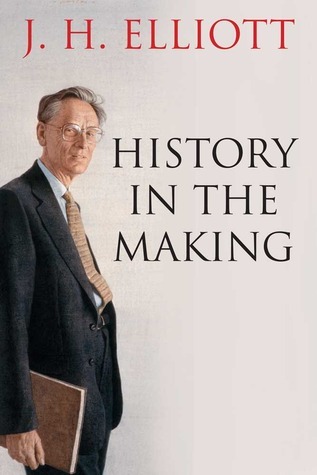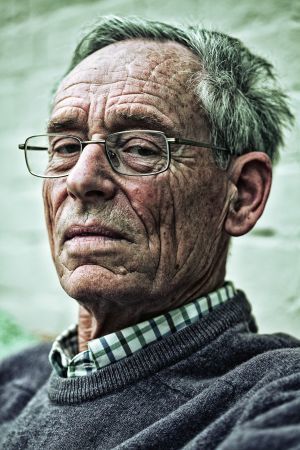
An eminent historian offers rare insight into his craft and the way it has changed over his lifetime From the vantage point of nearly sixty years devoted to research and the writing of history, J. H. Elliott steps back from his work to consider the progress of historical scholarship. From his own experiences as a historian of Spain, Europe, and the Americas, he provides a deft and sharp analysis of the work that historians do and how the field has changed since the 1950s. The author begins by explaining the roots of his interest in Spain and its past, then analyzes the challenges of writing the history of a country other than one's own. In succeeding chapters he offers acute observations on such topics as the history of national and imperial decline, political history, biography, and art and cultural history. Elliott concludes with an assessment of changes in the approach to history over the past half-century, including the impact of digital technology, and argues that a comprehensive vision of the past remains essential. Professional historians, students of history, and those who read history for pleasure will find in Elliott's delightful book a new appreciation of what goes into the shaping of historical works and how those works in turn can shape the world of thought and action.
Author

Sir John Huxtable Elliott, FBA, was an English historian, Regius Professor Emeritus at the University of Oxford and Honorary Fellow of Oriel College, Oxford and Trinity College, Cambridge. He published under the name J.H. Elliott. Elliott was educated at Eton College and Trinity College, Cambridge. He was an assistant lecturer at Cambridge University from 1957 to 1962 and Lecturer in History from 1962 until 1967, and was subsequently Professor of History at King's College, London between 1968 and 1973. In 1972 he was elected to the Fellowship of the British Academy. Elliott was Professor in the School of Historical Studies at the Institute for Advanced Study, Princeton, New Jersey from 1973 to 1990, and was Regius Professor of Modern History, Oxford between 1990 and 1997. He held honorary doctorates from the Autonomous University of Madrid (1983), the universities Genoa (1992), Portsmouth (1993), Barcelona (1994), Warwick (1995), Brown University (1996), Valencia (1998), Lleida (1999), Complutense University of Madrid (2003), College of William & Mary (2005), London (2007), Charles III University of Madrid (2008), Seville (2011), Alcalá (2012), and Cambridge (2013). Elliott is a Fellow of the Rothermere American Institute, University of Oxford, of whose Founding Council he was also a member. Elliott was knighted in the 1994 New Year Honours for services to history and was decorated with Commander of Isabella the Catholic in 1987, the Grand Cross of Alfonso the Wise in 1988, the Grand Cross of Isabella the Catholic in 1996, and the Creu de Sant Jordi in 1999. An eminent Hispanist, he was given the Prince of Asturias Prize in 1996 for his contributions to the Social sciences. For his outstanding contributions to the history of Spain and the Spanish Empire in the early modern period, Elliott was awarded the Balzan Prize for History, 1500–1800, in 1999. His studies of the Iberian Peninsula and the Spanish Empire helped the understanding of the problems confronting 16th- and 17th-century Spain, and the attempts of its leaders to avert its decline. He is considered, together with Raymond Carr and Angus Mackay, a major figure in developing Spanish historiography.